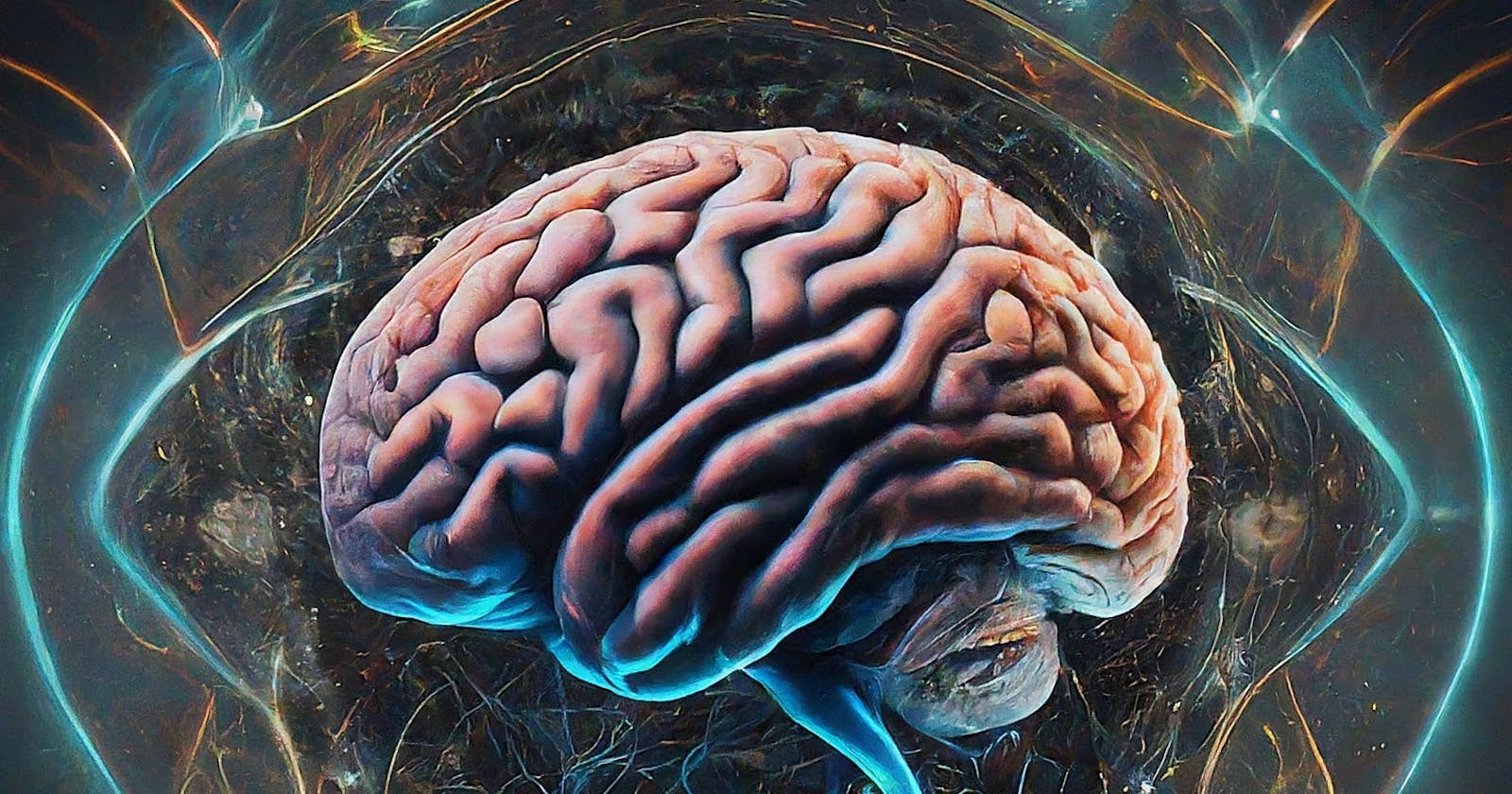Hold onto your transistors, tech enthusiasts, because Google has just dropped a bombshell in the AI arena — Gemini. This multimodal behemoth promises to shake the foundations of artificial intelligence, not just with its capabilities, but with its potential to fundamentally change how we interact with technology.
What is Google Gemini?
In simple terms, Gemini is an AI on steroids. Unlike its text-focused predecessors, it can process and generate information across various formats — text, code, audio, images, and even video. Imagine an AI that can translate languages with nuanced cultural understanding, write different kinds of creative content based on your style preferences, or answer your questions with insights gleaned from various data sources. That’s the world Gemini promises.
Why is it revolutionary?
Multimodality: This is the game-changer. By breaking free from text-only limitations, Gemini unlocks a universe of possibilities, from truly immersive AI assistants to hyper-personalized educational experiences.
Accessibility: Google plans to offer different “sizes” of Gemini, making its power accessible to a wider range of users and developers. This democratization of AI could lead to an explosion of innovative applications.
Potential impact: From revolutionizing education and healthcare to redefining creative industries and scientific research, Gemini’s potential stretches far beyond tech circles.
But wait, there’s more…
As exciting as Gemini sounds, it’s important to remember it’s still in its early stages. Ethical considerations, potential biases, and the ever-present shadow of misuse are all crucial aspects to navigate responsibly.
So, what’s next?
The launch of Gemini marks a pivotal moment in AI history. As developers and users, we have a unique opportunity to shape the future of this technology. Let’s engage in open discussions, push for ethical development, and use Gemini’s power to create a better tomorrow.
This is just the beginning of the conversation. Share your thoughts on Gemini in the comments below! Are you excited? Cautious? What possibilities do you see? Let’s explore the future of AI, together.
